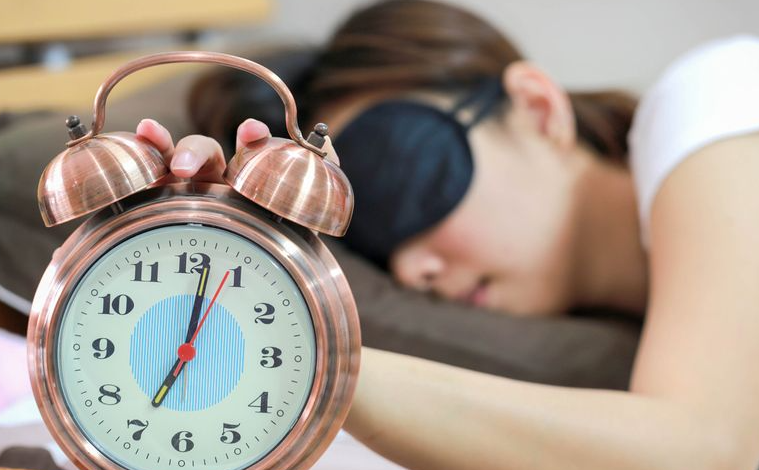
Learning easily in your sleep is everyone's dream. One of the functions of sleep is to consolidate memories from the day.
Although everyone has to sleep, this physiological phenomenon is still shrouded in mystery. Against all odds, neuroscientists continue to plough.
There have been incredible advances in this field in recent decades, and one particularly difficult topic to study is the role sleep plays in memory.
During sleep, the brain shifts to consolidation mode
When people are awake, their brains are primed to create or "encode" new memories. During sleep, however, the brain shifts to consolidation mode.
When you learn something new during the day, your brain forms memory traces. At first, these traces were particularly susceptible to interference.
In other words, it's easy to forget. Then, during sleep, the memory traces are consolidated and stabilized.
At the cellular level, memories are formed by changing the strength of synaptic connections in the networks that represent them.During sleep, synapses (connections between brain cells) are reshaped, creating permanent changes that consolidate memory traces and help create long-term memories.
While researchers are still unraveling the precise process, during sleep, the hippocampus, an important brain region involved in memory, plays back memories.
This helps the memory trace and its associated network of neurons to make permanent changes.
Going to bed soon after learning something new helps with memory
Declarative memory is defined as remembering events and facts, such as friends' names and what they ate last night. Research has shown that going to bed soon after learning new information helps the brain consolidate declarative memories more effectively.
Does napping help consolidate memories?
Sleep is essential for health, not just memory. Experts agree that the average person needs between seven and nine hours of sleep per night, although there is considerable variation between individuals.
While the findings are not always consistent in this area, in general, napping can help consolidate memories in some people.
So while a full night's sleep is more effective for consolidating memories, the occasional tactical nap can also help retain information.
Giving people reminders helps them sleep and consolidate memories
Studies have shown that the consolidation process that occurs during sleep prioritizes memories that are more relevant to the future. This makes logical sense because the brain can't remember every little thing that happens throughout the day, so it has to choose what information it can store.
The role of music
In addition to the sense of smell, the researchers also looked at whether other types of stimuli, including sound, could help consolidate memories during sleep.
For example, psychologists have examined whether listening to classical music helps consolidate memories. I chose classical music so as not to interfere with my studies. If people listen to lyrical music while studying, the singing may interfere with their cognitive processes. The researchers played classical music with distinctive melodies during microeconomics lectures.
That night, during slow-wave sleep, the researchers either played the same music to the students or white noise. The results showed that those who listened to classical music in their sleep performed better on the test than those who listened to white noise. Interestingly, this effect was more pronounced in women.
How to improve sleep quality
While there are still many mysteries in the field of sleep that remain unsolved, one thing is clear: sleep is essential for consolidating memories and many other important activities.
To improve sleep quality and consolidate memory, you can use the following methods:
- Schedule sleep as a priority;
- Develop good sleeping habits, fall asleep and get up at the same time every day;
- Create a suitable sleep environment, dim the bedroom temperature and light, two hours before bedtime away from electronic devices;
- The best approach for students is to adopt effective study strategies while awake and then get a good night's sleep.

